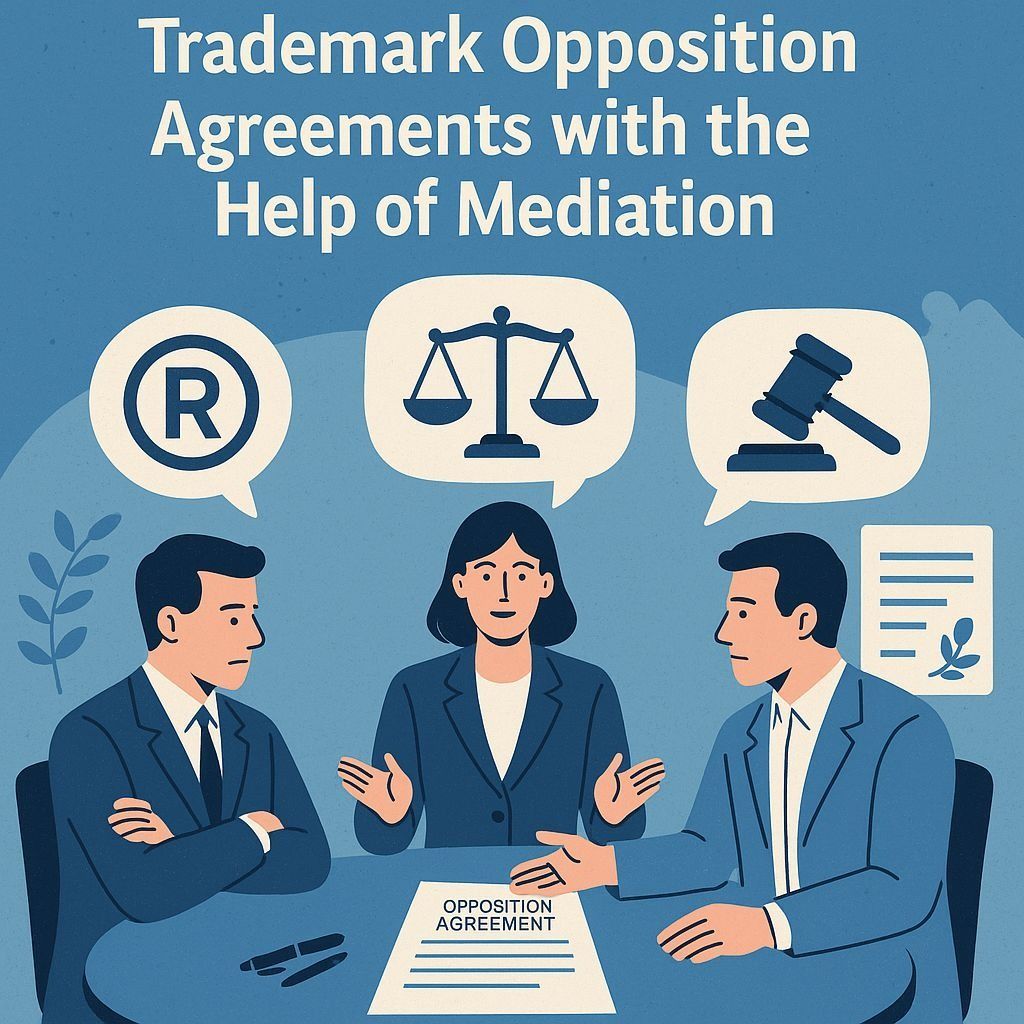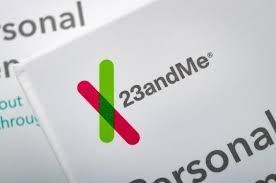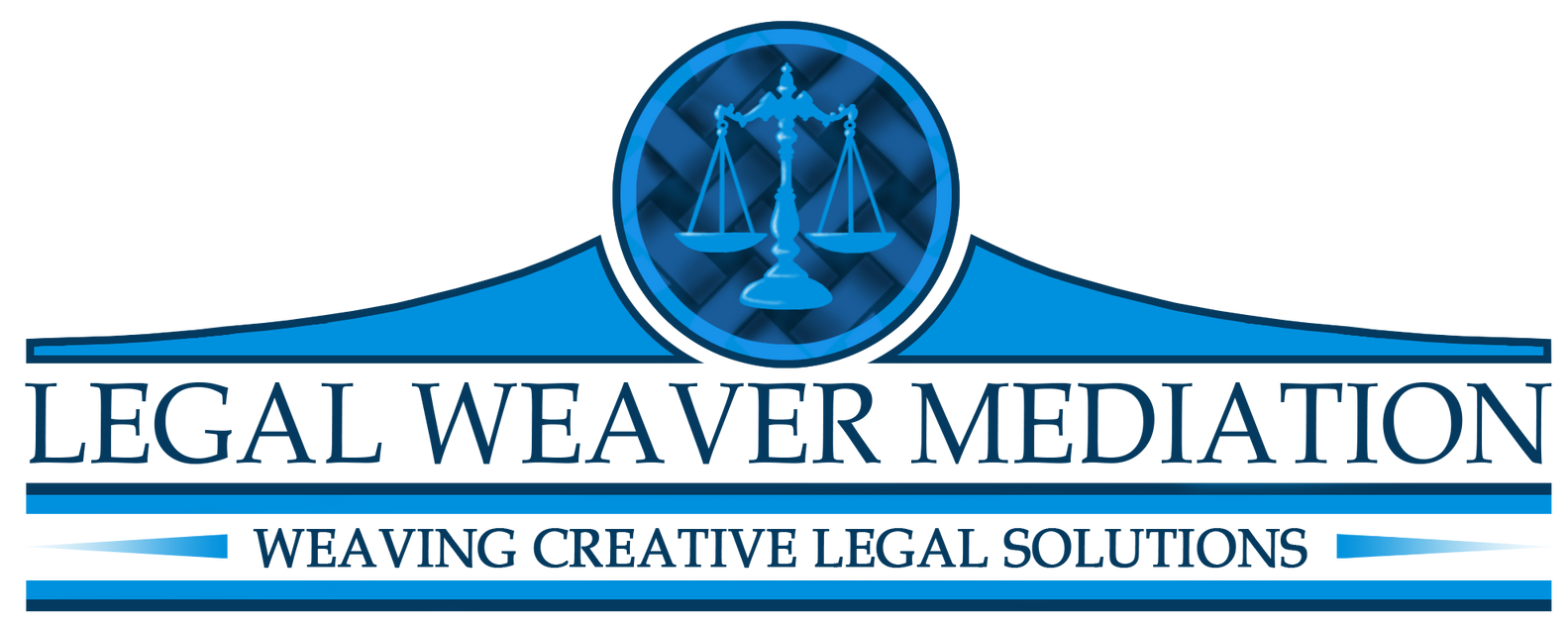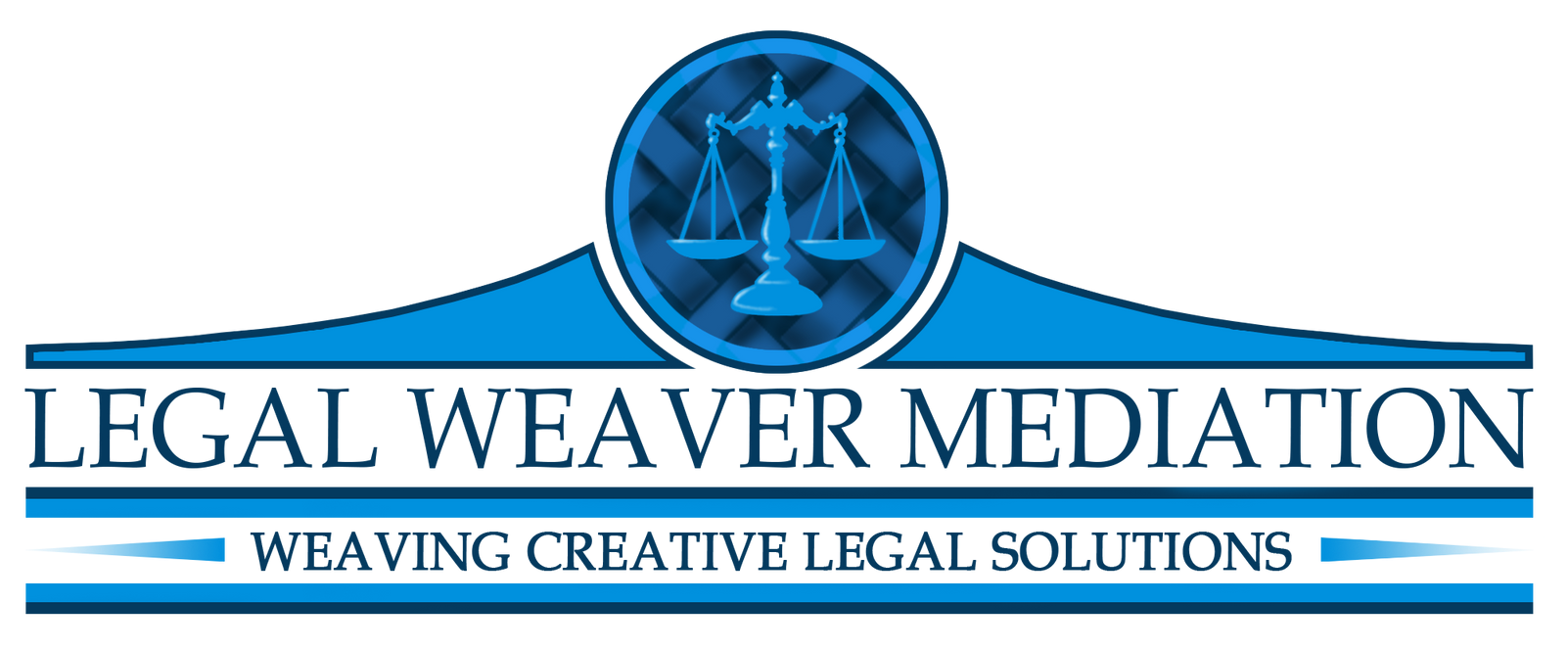New FinCIN Reporting Requirements for Business Entities Under the Corporate Transparency Act
Starting January 1, 2024, limited liability companies (LLCs), corporations, and other business entities must file beneficial ownership information reports with the U.S. government. This requirement, under the Corporate Transparency Act (CTA), mandates that owners understand these new obligations due to the significant penalties for noncompliance . The U.S. Department of the Treasury’s Financial Crimes Enforcement Network (FinCEN) has issued detailed regulations on who must file, what information needs to be reported, and the deadlines for filing.
Entities created or registered before 2024 must file their initial reports by January 1, 2025 . Entities created or registered in 2024 must file within 90 days of formation or registration , while those created or registered on or after January 1, 2025, must file within 30 days. The reporting requirements apply to privately held LLCs, corporations, and other entities formed or registered to do business in any U.S. state or with any American Indian tribe. While most trusts used for estate planning are not considered reporting companies, information about a trust’s beneficial owners may need to be reported if the trust owns an interest in a reporting company.
The beneficial ownership information will be submitted to FinCEN and will be accessible only to authorized government entities, not the public.
Key Points:
- Who Must Report?
- Reporting companies include corporations, LLCs, and entities created or registered to do business in the U.S.
- This includes U.S. entities as well as non-U.S. entities registered to do business in the U.S.
- Exemptions exist for certain highly regulated and low-risk entities, such as large operating companies, nonprofit organizations, and publicly traded companies.
- Definition of Beneficial Owner:
- Any individual who directly or indirectly exercises substantial control over the reporting company.
- Individuals who own or control at least 25% of the ownership interests.
- Excludes certain individuals, such as minors.
- Trust Ownership:
- If a reporting company is owned through a trust, the beneficial owners include the settlor, beneficiaries, trustees, and others with control over trust assets.
- Applicant Reporting:
- Entities created or registered in or after 2024 must report applicants.
- An applicant is the individual who files the document that creates or registers the reporting company, and any person who directs or controls the filing.
- Information Required:
- For beneficial owners: full legal name, birth date, current address, an ID number, and an image of the ID document.
- For reporting companies: legal name, trade names, address, jurisdiction of formation, and tax ID number.
- Filing Deadlines:
- Entities formed before 2024: initial report by January 1, 2025.
- Entities formed in 2024: within 90 days of formation.
- Entities formed in 2025 or later: within 30 days of formation.
- Updated or corrected reports must be filed within 30 days of changes.
- Access to Reported Information:
- The information will be stored in a secure, private database maintained by FinCEN.
- Authorized access is limited to U.S. federal law enforcement, certain federal agencies, state and local law enforcement with court authorization, and financial institutions with the reporting company’s consent.
- Penalties:
- Any person who fails to comply with the registration requirements may be liable for a civil penalty of up to $5,000 for each violation . Failure to comply includes the filing of false or materially incomplete information. Each day a violation continues constitutes a separate violation.
- Civil and criminal penalties apply for willful violations, including failing to file or providing false information.
- Penalties may affect both the reporting companies and responsible individuals.
The CTA is mandating that certain U.S. and foreign companies report their beneficial owners to FinCEN, enhancing transparency and making it harder for criminals to hide behind anonymous shell companies. By disclosing ownership information, the CTA aims to prevent and detect financial crimes like money laundering, terrorism financing, and tax evasion.
To file your report now go to: https://boiefiling.fincen.gov/
We, at the Law Office of Nicole Weaver, know how daunting this process can be, and are here to help you. We are happy to file this on your behalf or advise you if you are a business that must report. Feel free to contact us at: Nicole@LegalWeaver.com, www.LegalWeaver.com or 407.536.6889.
The post New FinCIN Reporting Requirements for Business Entities Under the Corporate Transparency Act appeared first on Nicole Weaver, PLLC.











